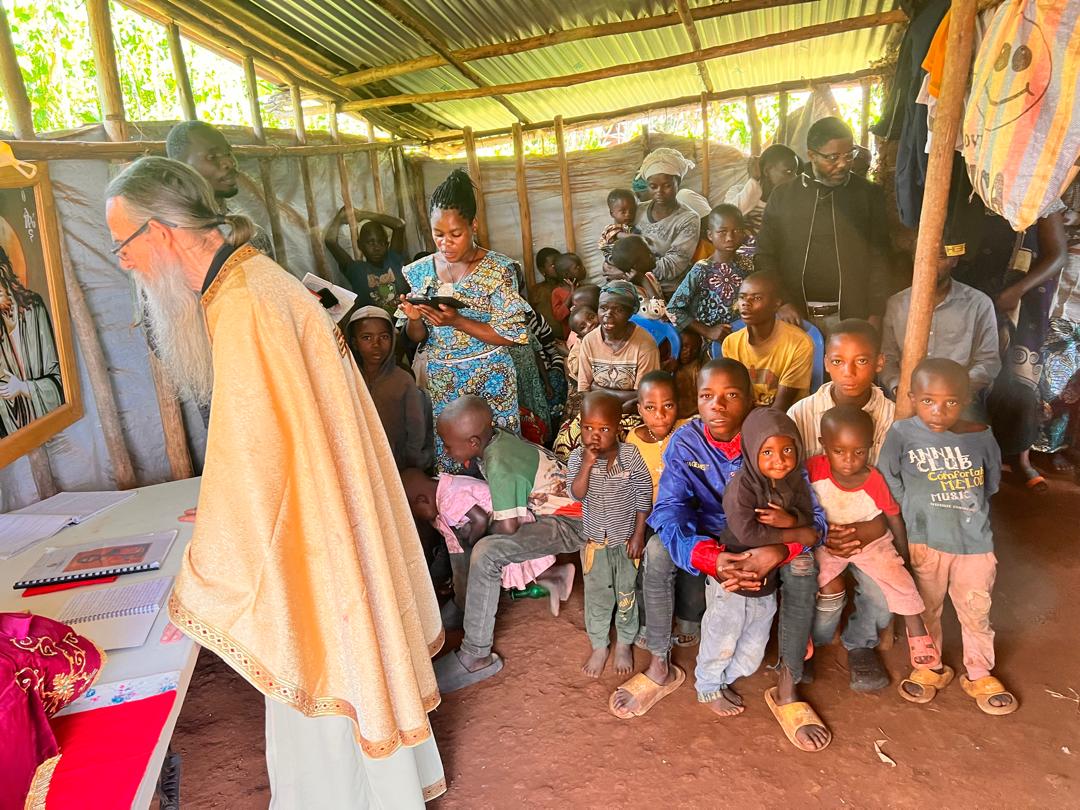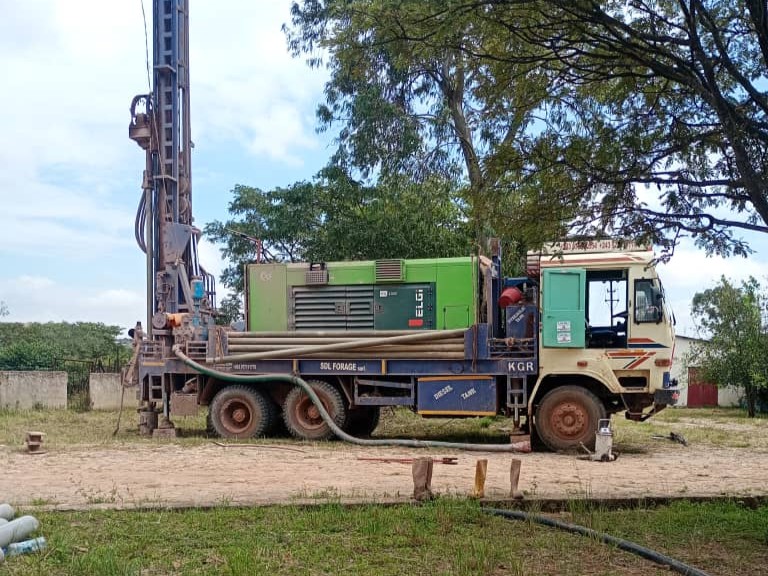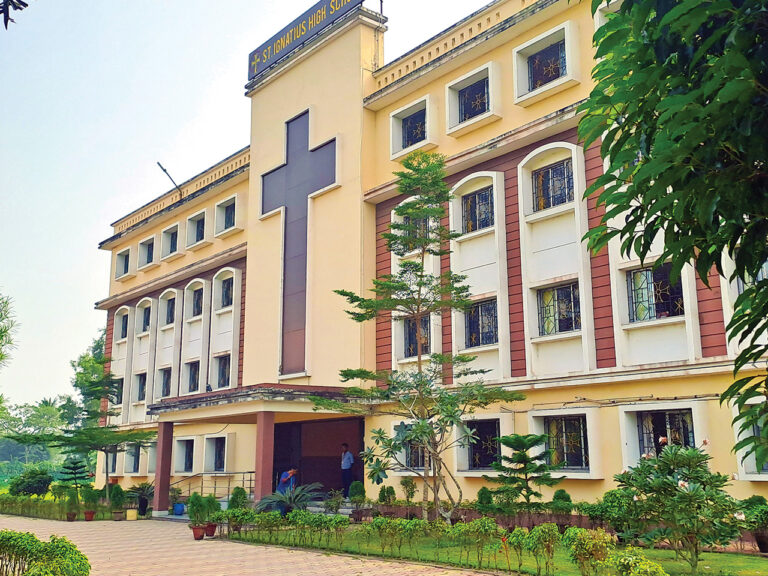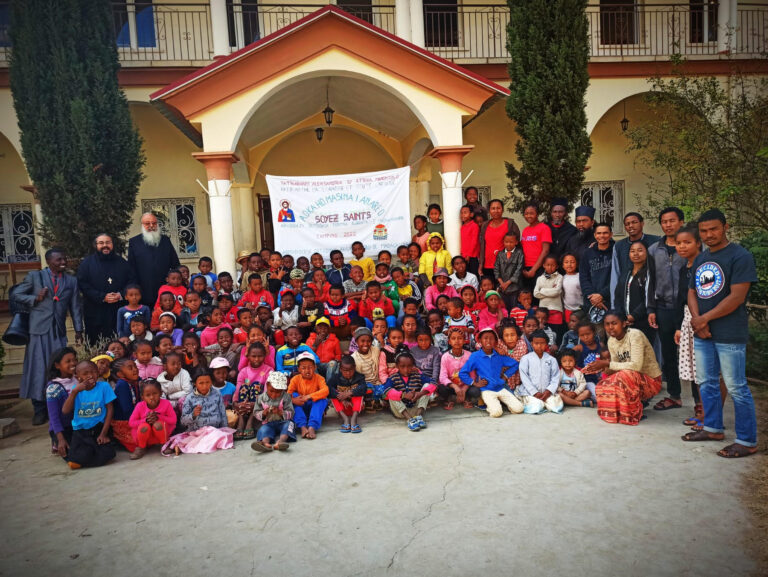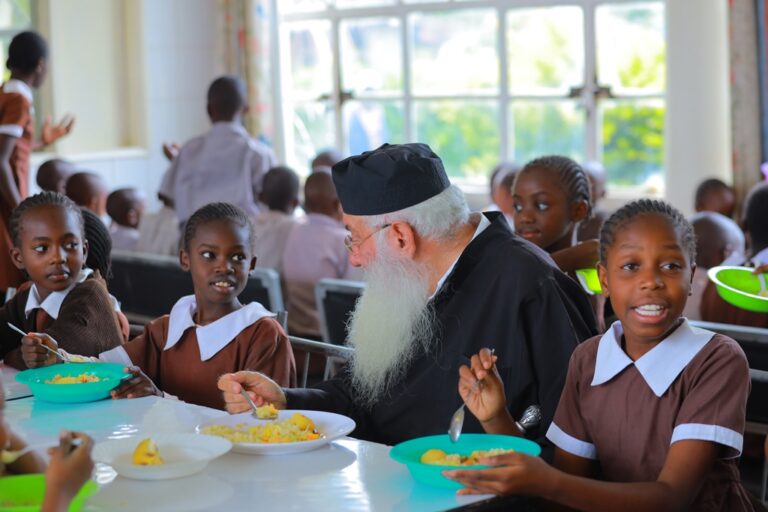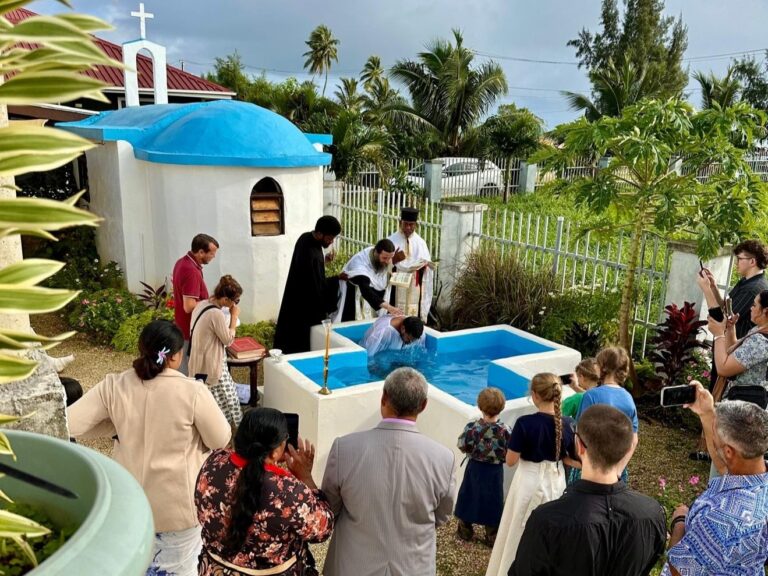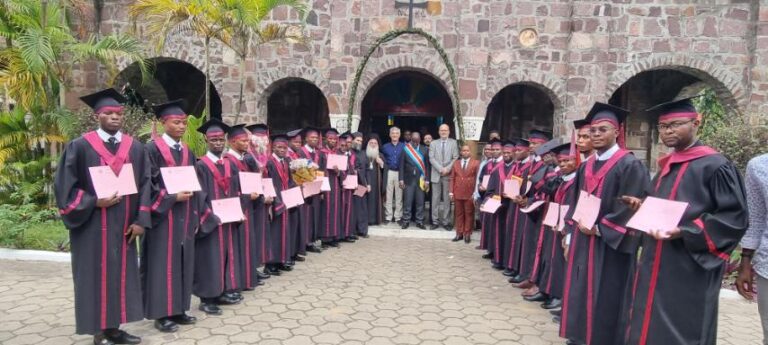Pastoral care at war
Dear friends of the missions, Christ is Risen!
It is certainly not our intention as the Holy Diocese of Goma and Great Kivu, which is in the midst of war, to analyze the causes of the hostilities that have been continuing for thirty years in the area of our Diocese, and although we count 15,000,000 dead to date, they do not seem to stop. Our task is to bring the message of salvation in Christ, peace and consolation to all, without exception, the children of God who are under the jurisdiction of our Diocese and are experiencing the horrors of war.
However, we will say a few words about our pastoral activity – in the form of a diary – so that Greek readers can have an idea of the struggle that the Holy Diocese of Goma and Great Kivu, under His Grace Bishop Timotheos, is making in the area of its jurisdiction, in order to respond to its mission.
The feast of the Epiphany of 2025 found our newly established Diocese ready to dynamically continue its missionary work. With the help of God and the care of His Grace our Bishop Timotheos, ordinations of Priests and Readers, tonsures, and other ceremonies took place during the feast period with the blessing of His Beatitude Patriarch of Alexandria and All Africa Theodore II. However, “the sky was darkening.” News of fighting around Goma was arriving. From time to time, bombs were falling on the refugee camps, where innocent people, including infants, tragically lost their lives.
After the Epiphany Day, we held a few weekly services at the Monastery of St. John the Baptist, which is located next to the refugee camp in Kayembe. We always took with us small sweets, “bonbon”, for the countless children in the camp. The children were neglected, uncared for, unwashed, dressed in torn clothes, undernourished. Many had untreated wounds, mostly internal. They were quiet, but they would rarely laugh.
To understand what kind of people lived there, let us mention an example; that of a refugee woman who told us that she had under her protection her daughter’s seven children, since their mother had been killed in their village together with her husband. The grandmother “gathered” her orphaned grandchildren and, like all her fellow villagers, took the path to refuge.
When the Divine Liturgy ended, we would go out into the courtyard of the Monastery to begin the distribution. The children gladly accepted the treat. Then we would give the mothers rice or flour, and could not help thinking that if it were possible to give them a little of the food that “civilized” countries throw away, those poor creatures would have a feast.
While the situation was worsening, His Grace received repeated warnings from influential figures to move away in order to be safe. However, this solution was not evaluated as spiritually beneficial. As the Lord said, when the hired shepherd sees the wolf coming, he leaves the sheep and flees, trying to save himself. And so the wolf attacks the sheep and scatters the flock.
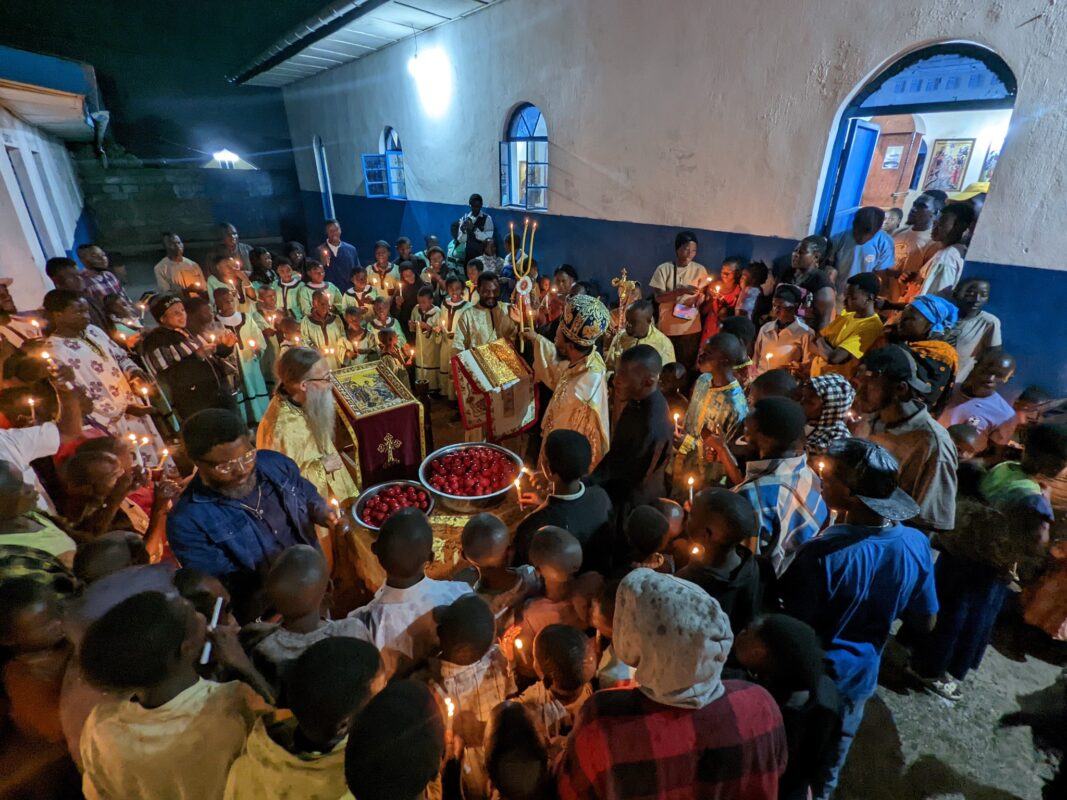
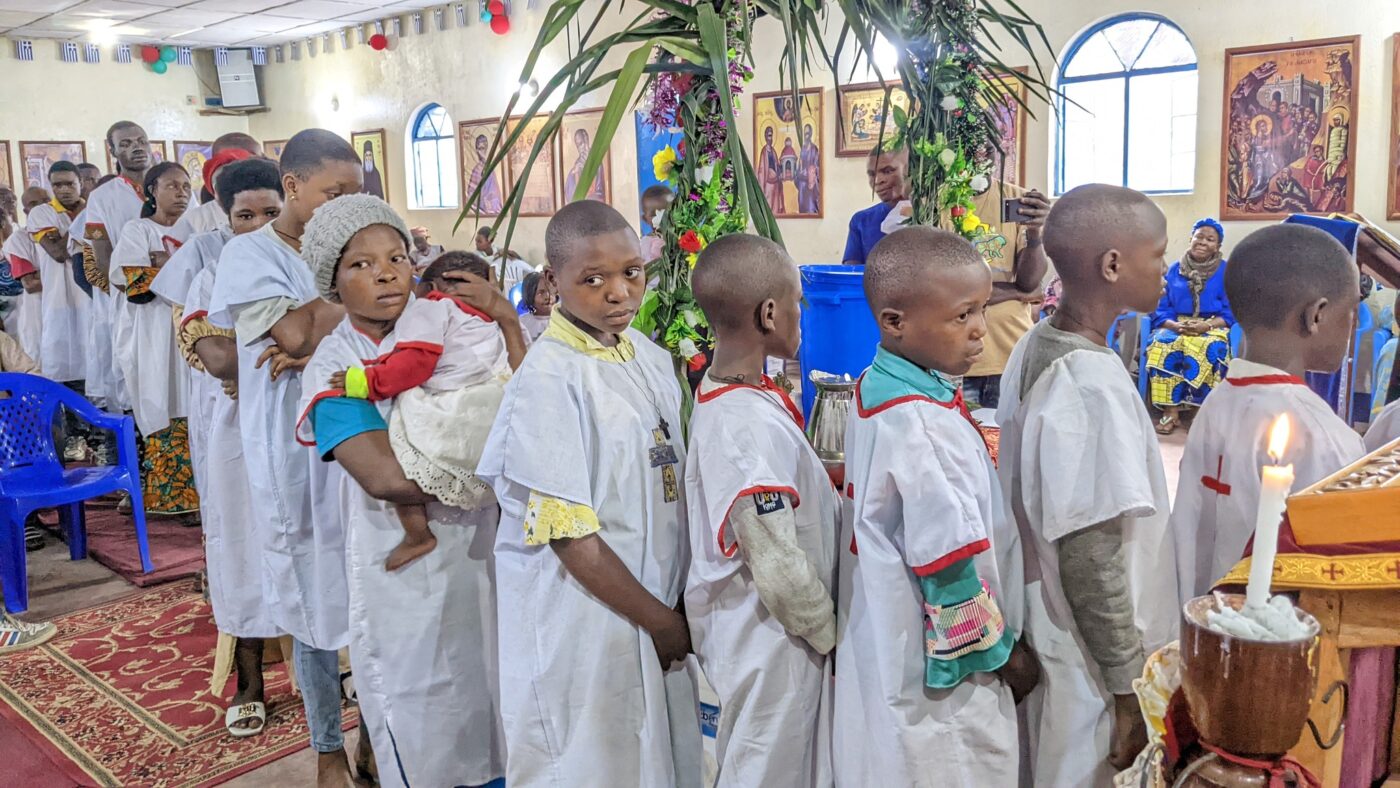
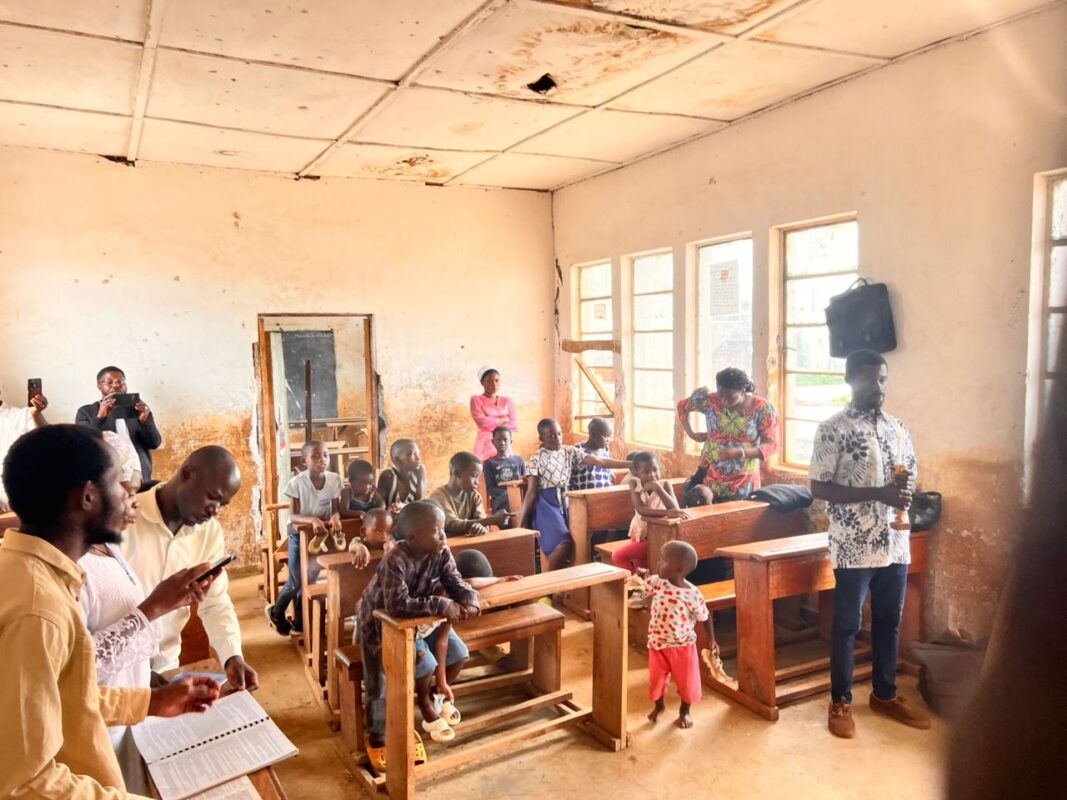
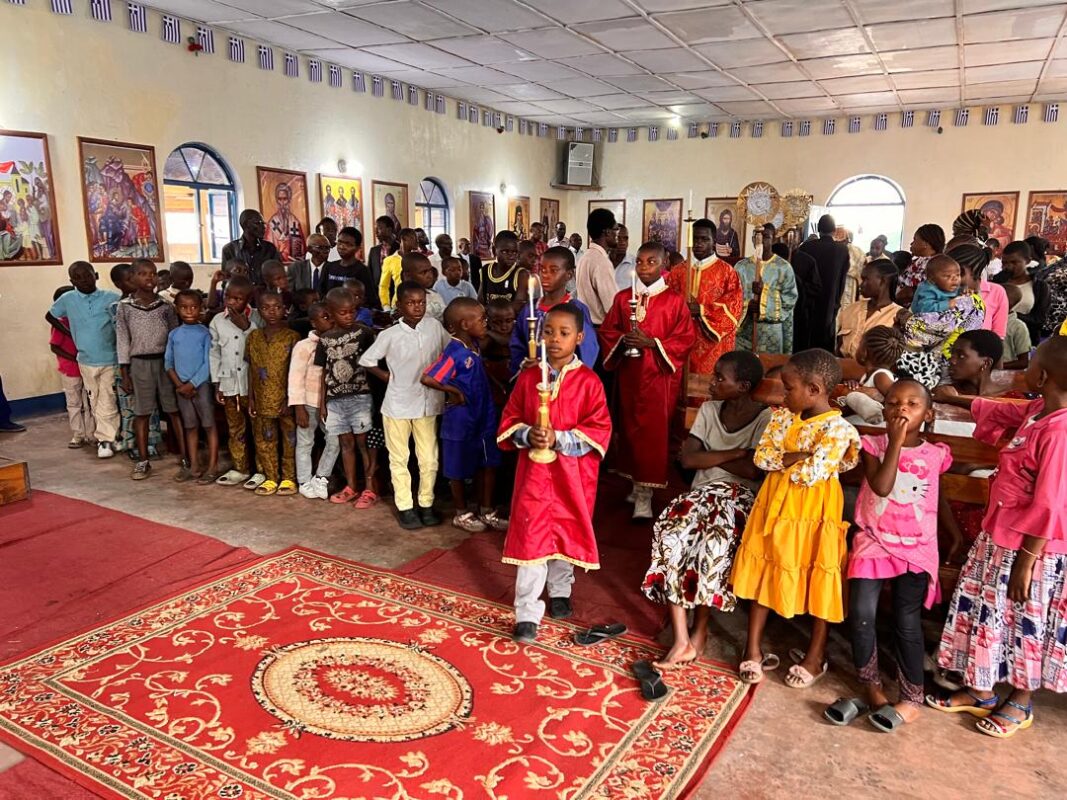
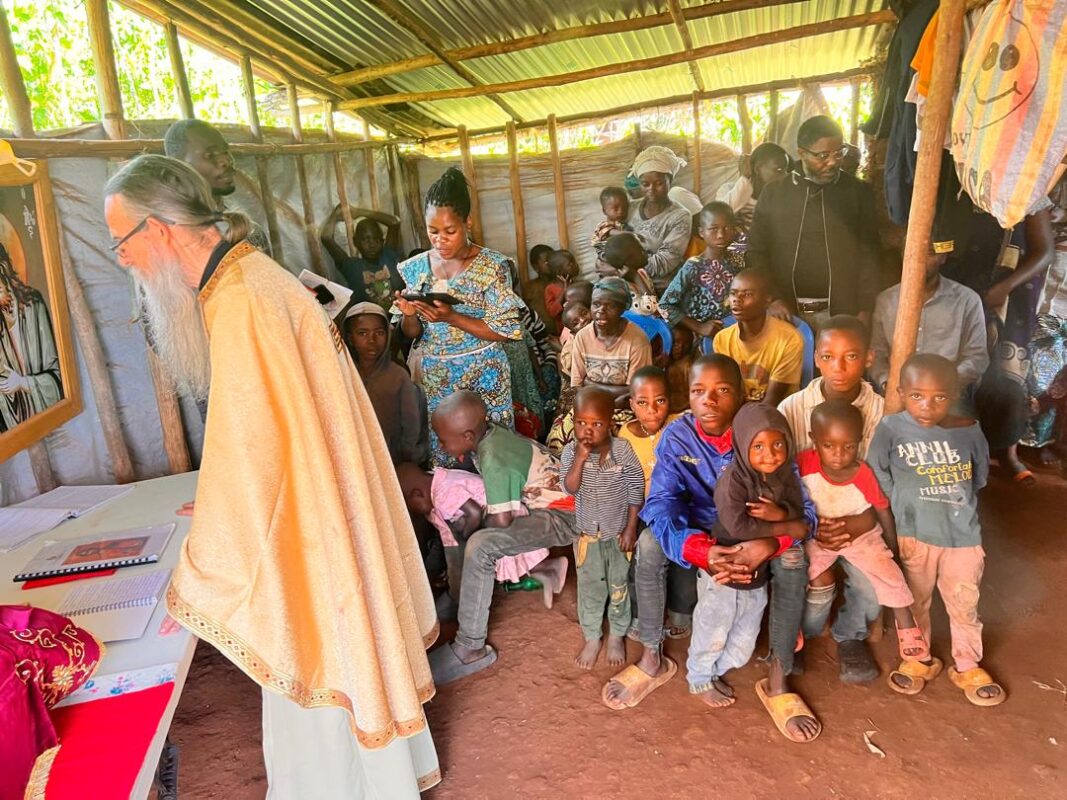
On Sunday 26 January and while the situation was getting worse, a Hierarchical Divine Liturgy was held at the Metropolitan Church of St. Nektarios, which was celebrated by His Grace Bishop Timotheos of Goma and Great Kivu. At the end, the conventional meal was served. Seven hundred needy children ate, took leftovers for their homes and left having accepted the affection of our Church.
Pious Mother Nektaria had come on foot from her monastery (that of St. John the Chozebite) in order to attend the sacred service. She had been walking for two hours running the risk of being hit by a stray bullet. On the recommendation of His Grace, she did not return to her monastery. She spent the night at St. Nektarios Church so as to be safer.
On Sunday 2 February, we celebrated the Divine Liturgy at the hotel where we were staying. It should be noted that the Bishop’s house was now uninhabited due to the bullets and shells that fell there.
On Sunday, February 9, the Divine Liturgy was celebrated at St. Nektarios Church. His Grace the Bishop said a few words of encouragement and gave practical advice to the faithful for their safety.
After many days of searching, a new house for the Bishop was found. We left the hotel and settled there. The next day, for the “entrance to the new abode”, we had a house blessing service which was also attended by the landlady with her daughters. It was their first contact with Orthodoxy. Their impressions were positive. At Easter, they visited us and wished us “Christ is Risen”, as they had heard us say. It seems that preaching is not the only way of doing missionary work.
In Ouvira, a large city with many Orthodox brothers, the newly ordained Fr. Peter had been sent as a parish priest just a few days before the occupation of Goma, and had settled there with his presbytera (wife) and their two young children.
On Sunday 16 February (of the Prodigal Son), the Liturgy at the Metropolitan Church was celebrated by Fr. Ignatius along with Fr. Chrysostomos as deacon. Several faithful attended it and received strength “from on high” to continue their journey “in the midst of the shadow of death” with Christ as a Fellow Traveler.
In the middle of the week, we visited the Metropolitan Church of St. Nektarios for worship and said a few words to the guests there.
In the meantime, prisoners who had escaped en masse, “visited” the homes of ordinary people at night, where they robbed and defiled. Following this, His Holiness recommended that the large family of Fr. Ignatius, who lived in a dangerous area, should be moved to a safer accommodation of their relatives. Subsequently, at the expense of the Holy Diocese, a safer house was rented for them.
On Monday 10 March at noon, we visited the new home of Fr. Ignatius and his fourteen-member entourage, who were living there without complaining. The Bishop performed the blessing service and sanctified both the people and the house. He was informed about the existing problems and gave advice and assistance. A few days later, robbers visited their first home… They found it empty.
On Wednesday 19 March, our valuable collaborator, a student named Jacques, left his home and found refuge in the buildings of St. Nektarios. He was in danger in his home. We believe that the Saint will protect him so that he can continue his important work “by the Bishop”. It should be noted that besides being the Secretary of the Diocese, he is the tireless translator of sermons from French into Swahili.
On the Sunday of the Veneration of the Cross, we celebrated the Divine Liturgy at St. Nektarios. Many faithful were gathered. At the end of the Liturgy, His Grace the Bishop spoke about the obscure reality they wereconfronted with.Then the congregation was divided into 4 groups: adults, children, children from the choir and children who serve in the sanctuary. A “blessing” had been arranged for each group, which would give hope… The children, who were around a hundred in number, were given something to eat as a safer option.
On Holy Thursday we celebrated the Divine Liturgy, and then, without interruption, the Service of the Holy Passion, so that the churchgoers could return to their homes early. On Good Friday the Un-nailing Service took place at around 11.30 am, and immediately afterwards, we continued with the scheduled lamentation service and the Epitaph Procession round the Church. Late in the evening on Holy Saturday, we celebrated the Lord’s Resurrection. Many people had gathered for the service. The Resurrection Light was given by the Bishop and we stopped the service at that point. Immediately afterwards, the red eggs were distributed. Those who were unable to return to their homes, would be accommodated in the buildings around the Church. The women spent the night inside the Church, as was done in the past in the villages in Greece on feast days! However, despite the discomfort, the people were happy. The Lord’s Resurrection overshadowed the suffering of war and poverty.
At 8.30 in the morning, we started with the Easter canon and celebrated the Easter Divine Liturgy. Towards the end, the Resurrection Patriarchal Encyclical was read. We finished at around 11.30 am. Almost everyone received communion. Then, rice and beans were distributed to the faithful, as well as several financial aids. Some parish issues were discussed, and at around 3.30 in the afternoon we returned to the Bishop’s house.
We could say that during this period, the Orthodox Church in Eastern Congo, and specifically the Holy Diocese of Goma and Great Kivu, passed its exams. Its entire staff, from His Eminence Bishop Timotheos to the last believer, gave and still continue to give their testimony. Not with words but with practical love, fortitude, patience, observance of Christ’s commandments, prayer, and forbearance. And they are absolutely certain that the work of the Church will continue. For Christ said: “Io, I am with you always, even to the end of the age.”
We thank the Orthodox Missionary Fraternity of Thessaloniki for its love and support in this difficult time of war!
Pray for peace and order in our Region. May the massacres stop. May the Risen Christ bless you abundantly. Christ is Risen!
From the Holy Diocese of Goma and Great Kivu

